‘There is almost no one left here’: game developers leaving Russia to survive
Russian computer and mobile games industry is disappearing under the yoke of sanctions
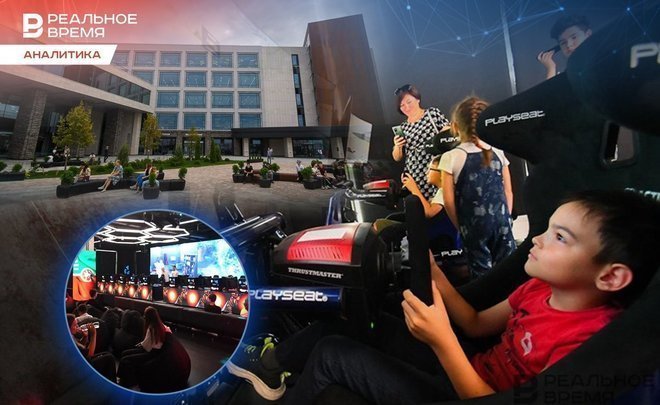
The Russian gaming industry entered the 2022 year with optimism. Last year, Russian companies released the games Loop Hero, Black Book, King's Bounty II and Pathfinder: Wrath of the Righteous to the world market, and the volume of the Russian video game market, according to VK, reached 177,4 billion rubles. However, at the end of February, Game Development, closely connected with foreign companies and Western technologies, began to experience serious problems. Many companies had to change their residence permit and move employees to friendly countries. How Tatarstan GameDev feels today, whether it is possible to develop the industry in the conditions of sanctions and “closed borders” — in the review of the analytical service of Realnoe Vremya.
The year 2022 turned out to be a failure for the gaming industry in Russia. Since February 24, a number of foreign game development companies — Activision Blizzard, Sony, Nintendo, Microsoft and Bethesda, Electronic Arts, Amazon, CD Projekt RED, Rovio, as well as many others have announced the suspension of their activities in the Russian market. In March, the Steam online service stopped payments to developers from Russia, and many authors lost the opportunity to pay for software for the development of their projects.
In May, Sberbank announced the closure of its mobile game development division SberGames due to the lack of opportunities to sell them to Western markets. VK sold My.Games gaming division, focused on the international market, for $642 million, but launched its own VK Play gaming platform in the spring. The other day, My.Games announced that it stops its operation in Russia. The company will fully focus on international business development and will continue to develop mobile, PC and console products, as well as publishing in key foreign markets.
The Russian gaming industry is in dire need of state support and investment, market participants interviewed by Realnoe Vremya say.
“There are no forecasts for 2023"
“There's almost no one left here, I haven't seen anyone from game dev for five months," Yan Shevchenko, the founder and CEO of GD Forge and Fair Games, admitted to Realnoe Vremya. “Game Dev is an international industry. You can't feed yourself purely on local markets.”
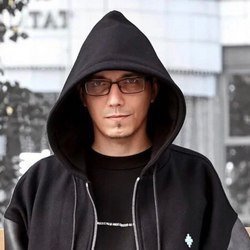
“The overall situation in esports is not easy. It is a fact that it has become more difficult to work in Russia than abroad. Commercial contracts are almost completely gone, but it is still possible to get some. We need to work more," said Aleksey Talan, CEO of Click Storm. At the same time, amateur computer sports, according to him, is actively developing. Esports student clubs are appearing at universities, which are holding more and more events and involving more and more students.
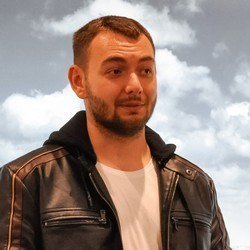
Aleksey hopes that over time everything will get better and it will be possible to find new business models. “Now is the time for rebuilding. The main thing is that businesses have reserves to remain competitive in the global market," he believes.
They have to leave
“A fairly large community of game developers has been created in Tatarstan. It is smaller, perhaps, than in Moscow or St. Petersburg, but the companies are quite large," Anton Skudarnov, a graduate of Innopolis University, CEO of Indie GameDev Club, told Realnoe Vremya. “But the gaming industry is an international market. Of course, there are projects that are made for the local market, but when we talk about medium and large businesses, the gaming industry is a global market.”
Among the notable players in Tatarstan, Anton named Lipsar Studio, which develops hyper-casual mobile games; Taptics, known for developing games for gaming YouTube blogger Mr.Marmok; Yan Shevchenko studios GD Forge and Fair Games, and Axlebolt company, which created the Standoff2 game, which in 2021 became the most popular mobile shooter in Eastern Europe.
Startup of Innopolis SEZ, Lipsar Studio, has received a grant from the Institute for Internet Development (IRI) this year to develop the tactical game Sparta, which takes place in an imaginary country in Africa, Skudarnov said. The grant in the amount of 90 million rubles was approved by the IRI in October 2022. The release of the game is scheduled for the end of 2024.

One of the striking examples is Playrix company. Their central office is located in Ireland, but historically it is a native Russian company with more than 3,5 thousand employees worldwide: “The company is in the top 3 most successful mobile publishers in the world. Recently, Playrix began to close its operations in Russia. It is possible that this is due to the inability to attract investments and sanctions risks," Skudarnov cited as an example.
“We have to leave in order to maintain profitability. We ourselves were forced to open a legal entity in Kazakhstan, because our main bank was sanctioned, and money transfers were under threat of blocking. There were problems. When the dollar was under 90, we could not get the funds we spend on operating activities for a long time, due to the fact that the bank did not make the payment because the exchange rate was too high," Anton Skudarnov shared.
A startup and a small developer, in his opinion, can remain in Russia today. It's just that at the moment when the company actively grows, its jurisdiction will be in another country, and the state will lose the potential from the growth of such companies. Any small project that can take off will be invested in another country.
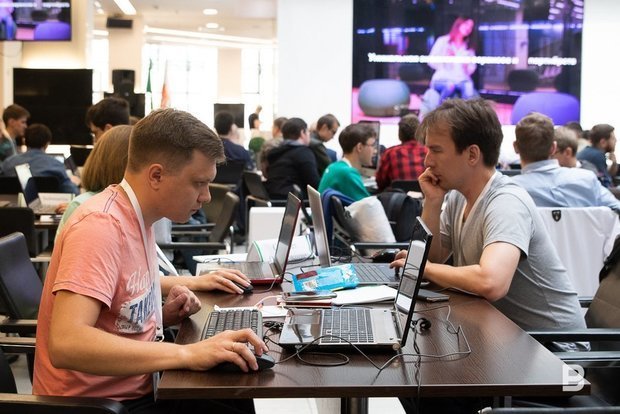
“Spartan” survival conditions

The current situation, in his opinion, has practically destroyed the game development market in Russia and Belarus. Today it is “rebalancing” or shrinking to the right size: large companies are leaving, specialists are leaving with them. “Most likely, we have already lost about 30% of all personnel, and 80% of them are senior and middle specialists. There are a lot of trainees and average specialists left," Kirill Fedoseev suggests.
The sector's revenue losses, according to his forecasts, will amount to about 50-70%. “Companies and their products have not gone away, they just had to move to other jurisdictions to receive funds and not close down," explains Lipsar Studio CEO.
Most of the Lipsar Studio team is located in Russia and is not going to relocate. “We started our business during Covid-19 and from the first day we were a distributed team — our office is the whole world," Kirill Fedoseev smiles. “It's easier to look for cool specialists, give them freedom of movement and choice of working conditions. Of course, such a scheme is suitable only if all processes are built this way from the first day.”
It's hard to work, he admits: “We work a lot on the safety of our employees, on the psychological health of the team (everyone in game dev is very empathetic), on building chains for obtaining funds/licenses/equipment. Our life has become much more complicated, but we have become stronger and diversified many processes," he said. “You can work, grow too, but it's all through the workarounds of 'closed borders'.
To save the market today, active actions on the part of the government are needed, Kirill Fedoseev believes. The forecast for 2023 is still negative. Large companies have already withdrawn all their assets and are sending only salaries to Russia. But even transfers of small amounts threaten to be blocked in Google Play/Appstore/Steam and, accordingly, bankruptcy and large losses.
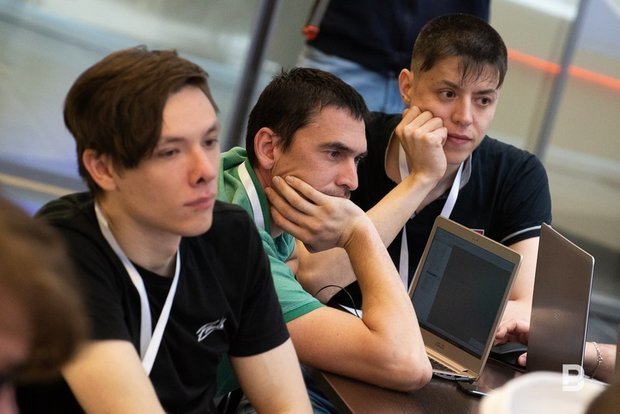
“The outflow of specialists does not affect the companies themselves, as major players have always worked with specialists from all over the world. But for a local game developer, this is a cross on future companies and the growth of current ones.”
Venture funds have practically curtailed their activities in Russia, since the market is small and there is no point in investing, it is easier to find a team in another region. “The only positive thing is that there is real support from public funds, which has become a lifeline for us personally," the CEO of Lipsar Studio admits. “But these funds are not unlimited, and their main goal is to help studios survive and not lose their weight in the next 2-3 years.”
First of all, the government today needs to solve issues with a secure environment for IT specialists. “They shouldn't even have the thoughts to leave," he says. Besides, it is necessary to remove VAT on advertising, legalise cryptocurrencies as a means of payment and work out the law of investing in them.
“Cryptocurrency is a convenient and transparent means of transferring money. Now a legal entity cannot receive payment in the crypt. It is enough to legalise only stablecoins or create your own stablecoin with a cross-chain or based on established blockchains," Kirill is convinced.
Lipsar Studio CEO also offers to encourage our companies to develop products for the markets of China, India, Indonesia and Brazil. “A player from these markets brings 5-10 times less income than a player from Europe and the USA, but you can make money on quantity," Kirill explains. “So far, few of our developers are ready to make games for such a target audience. Funds are required to adapt to these markets. The process can take from 3 to 5 years and require large investments.”
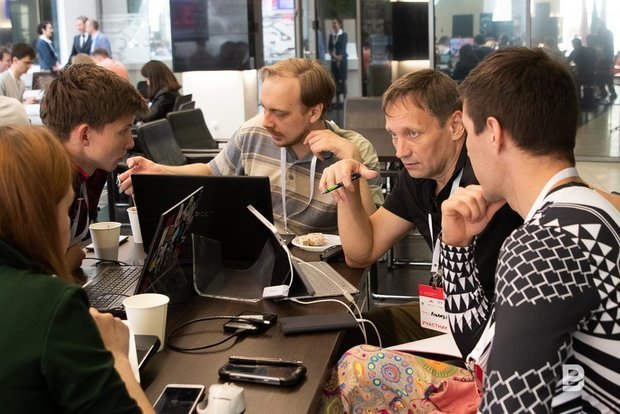
“Many will be happy to return”
"85% of games are distributed digitally through the world's main trading platforms: Steam, PS Store, Nintendo eShop, Microsoft Store, and the first thing players faced after disabling SWIFT was the inability to make a purchase with cards issued in the Russian Federation," recalls co-founder, producer and game designer Sernur.tech Kirill Koltsov. “Then, in an avalanche, the world's largest publishers reported the cessation of sales in the territory of the Russian Federation in digital and physical media. If over time, players have learned to overcome these inconveniences through various payment services, VPNs and new accounts, then there is nothing we can do about the refusal of publishers to localise games into Russian.”
According to him, there are more and more cult games that would have been translated and voiced earlier, but now there are no more, and this hits both localisation studios and Russian-speaking players not only in the Russian Federation, but also abroad — and in the long run contributes to the polarisation of players on all other and Russian speakers.
The developers faced a series of other difficulties: “For the first months it was impossible to receive royalties from sales from trading platforms and publishers, which also turned out to be technically solvable over time, albeit at the cost of extra commissions," says the co-founder of Sernur.tech. “But the main blow fell on the investment climate. The vast majority of investments in game development came from Western funds and publishers, and these investments stopped altogether. You can be as talented and experienced as you like, but now it is impossible to sign a contract for the development of the game with Western companies because of the risks that have arisen.”
Large and financially independent companies relocated immediately and assumed the costs of organising the relocation of employees and their families. Companies with fewer financial opportunities cut staff and removed key employees. Over time, an increasing number of companies were forced to leave to be able to continue working.
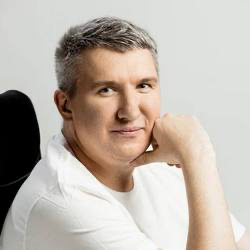
Games, like world cinema, are mostly created on archetypes and principles that are understandable and accessible to any inhabitant of the Earth, so players around the world feel part of one large global community, he says. “In general, I think that there is no point in condemning the cancellation culture that we are facing today, we just need to make such games so that the whole world plays them. A quality product always finds its consumer," the co-founder of Sernur.tech is sure.